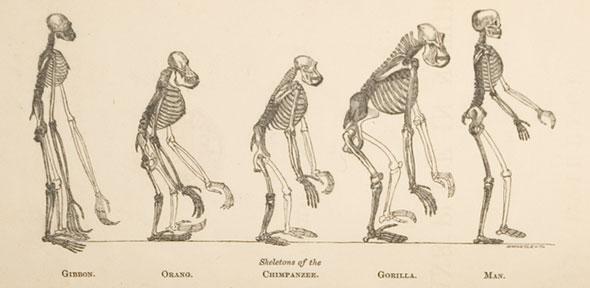
Our MPhil (Master of Philosophy) provides students with an unparalleled opportunity to explore topics across history and philosophy of science and medicine, laying deep foundations for further study, work and public involvement.
All assessment is based on submitted writing – there are no courses or modules to complete. This allows room for independent growth in different directions, a feature of the MPhil that distinguishes our programme from those at other universities and that our students regularly praise.
Choose from a wide range of topics
History and philosophy of science and medicine is a large research area spanning centuries, cultures and sciences.
Some students come with a specific list of topics and work on them through the year; others adjust or change their plans. Some specialise right away in either history (of a period or of a science) or philosophy. Others mix and match, trying out different skills in each piece of submitted work. Many students research objects in the Whipple Museum of History of Science, making discoveries and later publishing their work.
The 12,000-word dissertation is the culmination of the year. It allows students to explore a topic in depth and to build an extended argument. The MPhil dissertation often becomes the basis of a PhD thesis or academic article.
Work with leading academics
Our students work closely with leading academics.
The number and diversity of potential supervisors within the Department, and in the University at large, means that students can find experts in most areas of history and philosophy of science and medicine. These scholars then work with each student individually, guiding them in honing their research topics, finding the right literature to engage, formulating an argument, and perfecting their writing.
Join a friendly department
This is an active, friendly department that offers a packed schedule of lectures, seminars and reading groups.
By interacting with other members of the Department – academics, PhD students, postdocs and visitors from all over the world – MPhil students gain a great deal of feedback on their writing. They also acquire a broader set of skills that set them up to become academic researchers, writers and colleagues.
Plan the next step
By the end of the MPhil course, our students have a good idea about their own future interests and the best way to realise their individual talents and put their new skills to use.
More than 60% go on to further study, with many continuing to a PhD in HPS or a related subject. Beyond that, a third of our MPhil students go on to take up academic positions, generally after completing a PhD.
Others go into careers in museums and libraries, publishing, journalism, law, medicine, teaching and consultancy, while some of our MPhil alumni have started their own companies, worked for major NGOs and written prize-winning books.
Part III
If you are currently a Cambridge undergraduate student you may want to apply to take the HPS Part III course rather than the MPhil. However, you can apply for the MPhil if you prefer, or you can apply for both and decide later which course to take.
